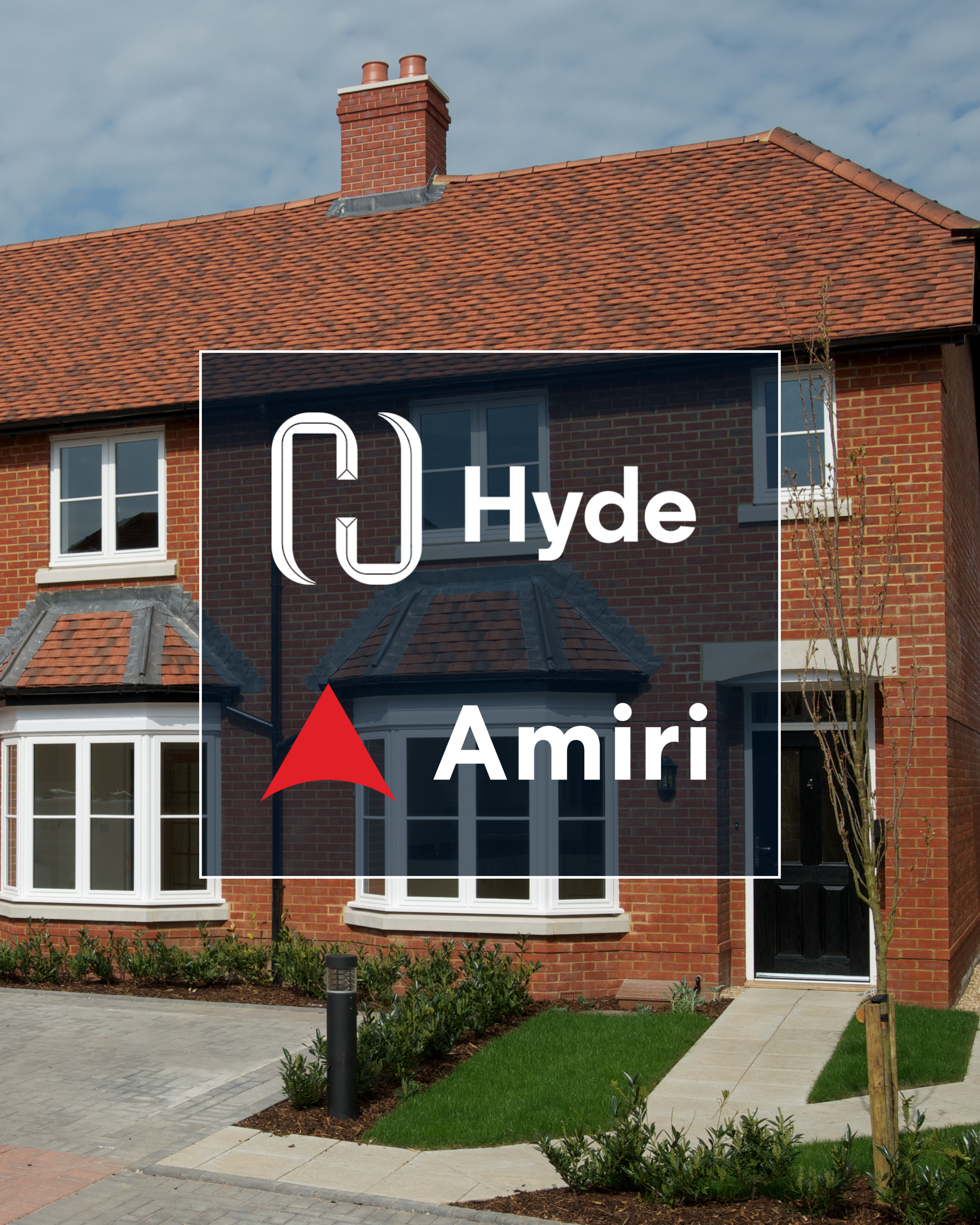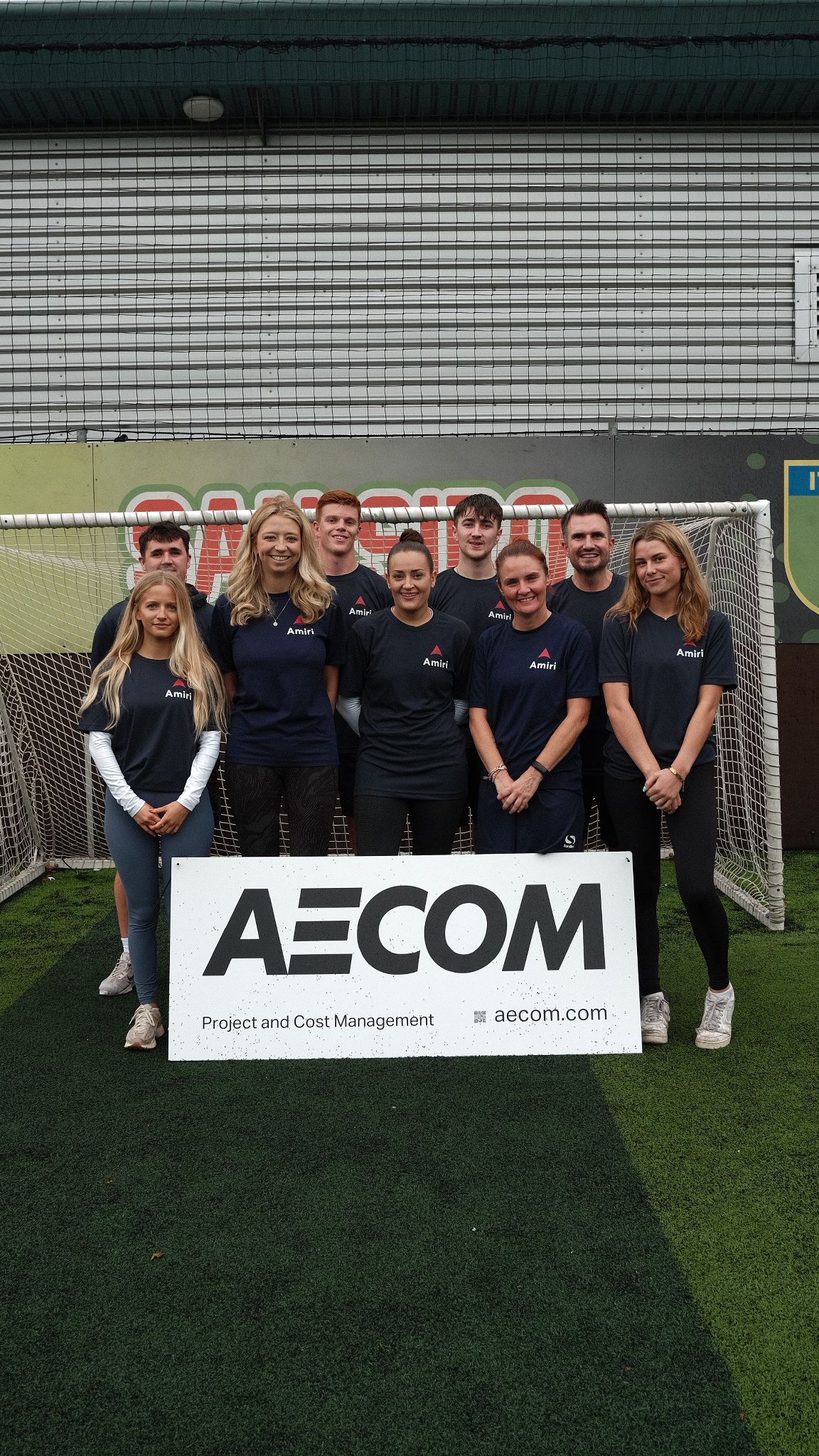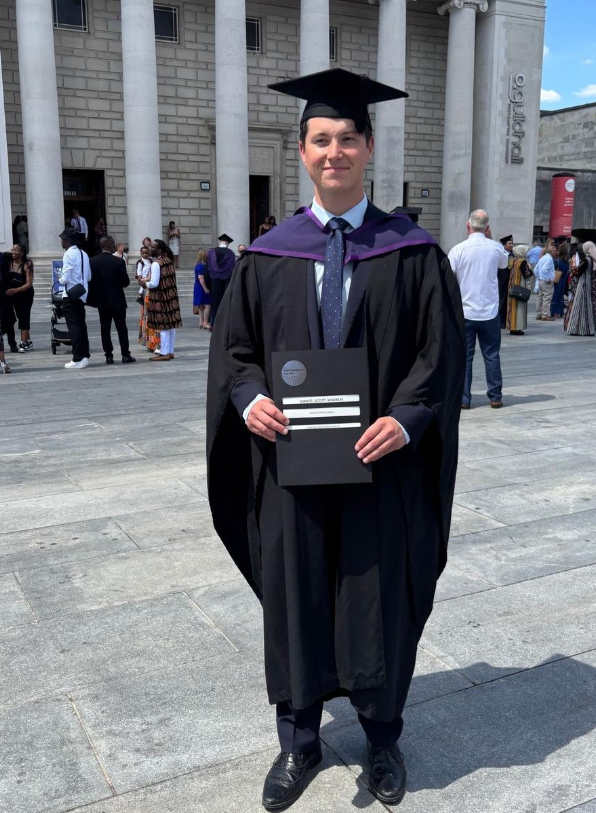The successful delivery of projects in an uncertain market
Our Head of Sales and Marketing, Mark Vincent, shares his views on the current construction market in the South-Central Region and how contractors and clients can work together to instill more confidence in the successful delivery of projects in an uncertain market.
The construction market in the South-Central Region has seen a downturn in the last quarter of 2018 and first quarter of 2019. Evidence of the slowdown has been seen in both quantity and quality of opportunities available to Contractors and is reflected in the latest statistics produced by the Federation of Master Builders¹ which show a marked downturn in orders for SMEs.
The ongoing political situation remains one of the main causes of the fragile nature of confidence in the market. Consultants are telling us that they are getting single RIBA stage appointments rather than whole scheme commissions.
The difficulties in gaining planning permission for anything other than a straightforward scheme has increased, so there is a reluctance to substantially commit to any design process. This has translated into a market that is far more difficult to predict in terms of quantity, quality and timing of opportunities for Contractors.
For Contractors, market uncertainty has made the planning of resources particularly difficult, both for pre-contract planning and tendering, and construction work.
Working speculatively with Clients and Consultants early on in the process, Contractors help ensure that the project has the best possible chance of proceeding.
Contractors prefer early engagement on projects as they are able to bring their experience and their supply chain’s expertise to bear on design, detail, cost and program. The time benefit of early Contractor engagement equates to months saved not just by avoiding tender action itself, but also post-tender action because value engineering and material certainty had already been addressed by the Contractor during design development.
This has frequently been demonstrated to offer a significant benefit to the project as well as offering the contractor certainty of workload and the client certainty of the right resource.
We find Clients prefer certainty of cost and program as this allows them to better plan the impact on their own business. This is much better achieved with early engagement.
Early engagement means that work may be abortive on both sides, but this is not a problem for a Contractor that can see beyond one project and understands that the collaborative nature of the workload and the service that they are providing will see them gain other work from the same client team.
However, a shrinking market brings with it pressures that can change relationship dynamics. The first pressure is the widely held misconception that “Contractors will be hungrier (which means cheaper!)” and therefore it makes sense to tender widely and expect the Contractor will fill in the gaps in the information created by not appointing the design team beyond Stage 3. This causes several problems:
- That Contractors have to apply substantially more resources (time and people) to generate a tender return.
- Regardless of the quality of the return there will be a very significant exercise required by the Client team to establish the comparative nature of the offers and the true value of each.
- The veracity of a tender price is very dubious if there isn’t a very substantial breakdown of how it was achieved and this is a very difficult audit process that has to be carried out by the Client team.
In reality there is a net cost (materials and labour) to build a project, the differential is likely to be in the management (overhead, prelim and profit) charges, amounting to a fraction of the overall costs, and yet these elements will have the most impact on whether a project is successful or not. As a client team you should want to see this number showing that you are getting the right level of commitment to your project at every stage and that your Consultants and Contractor are motivated to work on your scheme to generate the best possible outcome.
A good tender process doesn’t focus on cost but on quality and ensuring that the right construction company is employed – one that will be properly engaged with the project and that works collaboratively to achieve the common goal.
As the market tightens for our industry the fallacy of a traditional tendering process offering the best solution to Clients prevails and Client teams are happy to bang the competitive drum rather than work alongside a Contractor to generate the right solutions for the project. This means that Contractors end up having to tender more and put more resource into those tenders both during the tender period and in the post tender negotiations, this means that Clients who want to engage early may find their contractor resources limited.
Amiri welcome working with client teams that understand the nuances of our industry, or are willing to learn and engage to ensure a successful partnership. This engagement sometimes requires speculative work for which we happily apply the resources and appreciate the benefits of a collaborative relationship –this isn’t a common approach!
A key ingredient to ensuring both parties benefit from the relationship is communication. The ability to honestly exchange expectations about workload, resource requirement and aims and objectives means that both businesses are able to fulfil their roles within the relationship with the best possible chance of success.
A notable feature of all of our most successful client relationships is the constant, detailed and trusted, two-way communication and subsequent understanding of expectations. This communication applies equally to consultant relationships. The ability for a Contractor and supply chain partners to work collaboratively with Architects, Engineers and QS’s to generate the best solutions is imperative.
Additional pressures are being brought to the market by the uncertainty of availability and cost of materials and, to a much lesser extent in this region, of labour. This does make tender pricing an increasingly speculative exercise and there needs to be a flexibility in design and specification that allows for changes to products that have a certainty of availability and, with it, cost. This will not change in the short term. The early engagement with key suppliers will be essential on projects – even before planning application – to ensure that schemes presented have material options that are achievable or that change is anticipated and properly managed.
In summary, a project team that includes the onboarding of a Contractor early on in the project development stage will offer the best value-managed solution for the Client through collaboration, two-way communication and trust.
If you want to see how we deliver an exceptional project experience check out our case studies on our website www.amirigroup.co.uk, or get in contact here to discuss how we can help you make your project a success.
Footnote
1 Federation of Master Builder’s https://www.fmb.org.uk/about-the-fmb/newsroom/workloads-for-small-builders-dip-for-first-time-in-six-years-warns-fmb/ .




